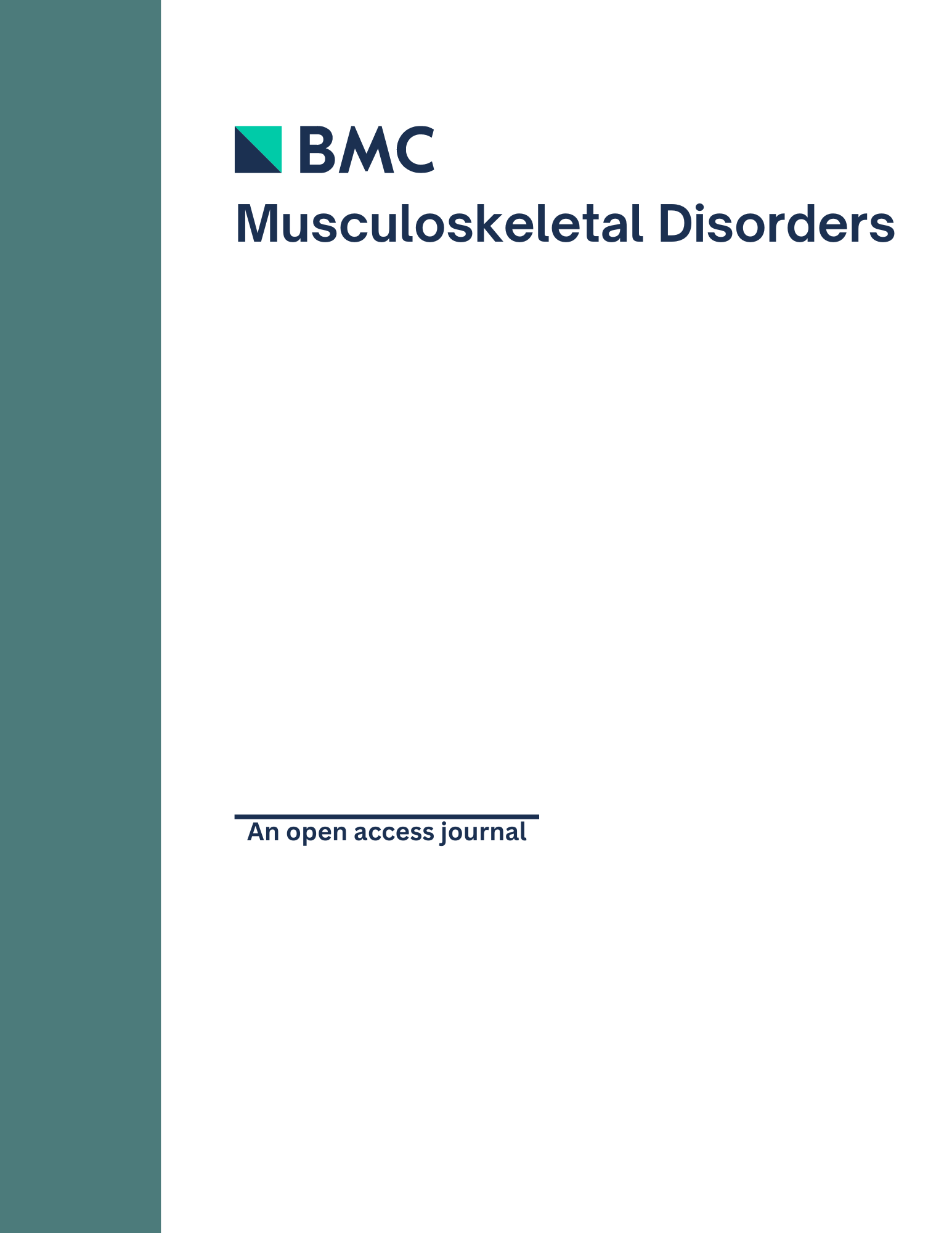
Physiotherapist-led triage improves patient satisfaction compared to standard consultation

Physiotherapist-led triage improves patient satisfaction compared to standard consultation
Perceived quality of physiotherapist-led orthopaedic triage compared with standard practice in primary care: a randomised controlled trial
BMC Musculoskelet Disord. 2016 Jun 10;17(1):257.Did you know you're eligible to earn 0.5 CME credits for reading this report? Click Here
Synopsis
208 patients with musculoskeletal symptoms who were referred to consultation with an orthopaedic surgeon were randomized to receive either physiotherapist-led orthopaedic triage or traditional consultation. The purpose of this study was to determine if physiotherapist-led orthopaedic triage was associated with significantly improved patient-perceived quality of care, caregiver medical/technical competence, and patient satisfaction with care when compared to conventional discussion. Results demonstrated that patients in the triage group had significantly higher satisfaction with care and involvement in the decision-making process, as evidenced by higher care provider’s competence and identity-oriented approach scores on the quality from the Patient's Perspective questionnaire.
Was the allocation sequence adequately generated?
Was allocation adequately concealed?
Blinding Treatment Providers: Was knowledge of the allocated interventions adequately prevented?
Blinding Outcome Assessors: Was knowledge of the allocated interventions adequately prevented?
Blinding Patients: Was knowledge of the allocated interventions adequately prevented?
Was loss to follow-up (missing outcome data) infrequent?
Are reports of the study free of suggestion of selective outcome reporting?
Were outcomes objective, patient-important and assessed in a manner to limit bias (ie. duplicate assessors, Independent assessors)?
Was the sample size sufficiently large to assure a balance of prognosis and sufficiently large number of outcome events?
Was investigator expertise/experience with both treatment and control techniques likely the same (ie.were criteria for surgeon participation/expertise provided)?
Yes = 1
Uncertain = 0.5
Not Relevant = 0
No = 0
The Reporting Criteria Assessment evaluates the transparency with which authors report the methodological and trial characteristics of the trial within the publication. The assessment is divided into five categories which are presented below.
4/4
Randomization
1/4
Outcome Measurements
4/4
Inclusion / Exclusion
4/4
Therapy Description
4/4
Statistics
Detsky AS, Naylor CD, O'Rourke K, McGeer AJ, L'Abbé KA. J Clin Epidemiol. 1992;45:255-65
The Fragility Index is a tool that aids in the interpretation of significant findings, providing a measure of strength for a result. The Fragility Index represents the number of consecutive events that need to be added to a dichotomous outcome to make the finding no longer significant. A small number represents a weaker finding and a large number represents a stronger finding.
Why was this study needed now?
Physiotherapist-led orthopaedic triage aims to enhance access to the appropriate health care professionals and optimize treatment for patients with musculoskeletal disorders and symptoms. Several studies have shown that this specialized therapy significantly decreases the number of referrals for consultation with orthopaedic surgeons and can improve treatment effectiveness, use of healthcare resources, and increase cost-efficiency. Despite its numerous benefits, physiotherapist-led orthopaedic triage is not popular as referral to orthopaedic surgeons is often the first point of consultation for patients. Few studies have yet to investigate patients' perception regarding the quality of care when admitted to physiotherapist-led orthopaedic triage in comparison to conventional care. As such, the current study was conducted.
What was the principal research question?
For patients with musculoskeletal symptoms referred for orthopaedic consultation, how did physiotherapist-led orthopaedic triage compare against standard referral in terms of patient-perceived quality of care, caregiver medical/technical competence, and patient satisfaction with care?
What were the important findings?
- Patients in the Triage group reported significantly higher satisfaction with medical-technical competence when compared to the standard group in both perceived reality (PR) and subjective importance (SI) scores (Mean: 3.5 vs. 2.9, p<0.001 | 3.5 vs. 3.3, p=0.022).
- Patients in the Triage group reported significantly higher satisfaction in receiving information about how consultation was conducted (3.6 vs. 3.0), the results of the examinations and treatments (3.4 vs. 2.9), with self-care when compared to the Standard group (3.4 vs. 2.7) (PR p<0.001 for all).
- Patients in the Triage group reported significantly higher satisfaction in various aspects of participation, such as the opportunity to discuss decisions with the healthcare providers (3.6 vs. 3.2, PR p=0.010).
- Patients in the Triage group reported significantly higher satisfaction with various aspects of caregiver empathy, including understanding patient’s experiences (PR: 3.8 vs. 3.1, p<0.001 | SI: 3.6 vs. 3.4, p=0.046), being respectful towards the patient (3.9 vs. 3.4, PR p<0.001), and commitment (PR:3.9 vs. 3.0, p<0.001 | SI: 3.7 vs. 3.5 p=0.039).
- Patients in the Triage group reported significantly higher scores in terms of the meeting of expectations (4.3 vs. 3.7, p<0.001) and intention to follow advice/instructions (2.8 vs. 2.6, p=0.019) when compared to the Standard group.
What should I remember most?
Patients with musculoskeletal symptoms referred for orthopaedic consultation reported significantly higher satisfaction with physiotherapist-led orthopaedic triage when compared to conventional orthopaedic surgeon consultation, as evidenced by significantly higher scores on the Quality from the Patient's Perspective questionnaire evaluating the care provider’s competence and identity-oriented approach scores according to the patient.
How will this affect the care of my patients?
Although the results of this trial suggest that physiotherapist-led orthopaedic triage may be more satisfactory for patients suffering from musculoskeletal pain, the authors of this study noted several limitations that should be considered when making clinical recommendations. Most importantly, the lack of patient- or assessor-blinding may have biased results, especially in the case of patients, as intervention patients may have been more likely to report more positive results, whereas control patients may have been inclined to report more negative results. Therefore, further investigation with effective binding is required for corroboration of these findings.
Learn about our AI Driven
High Impact Search Feature
Our AI driven High Impact metric calculates the impact an article will have by considering both the publishing journal and the content of the article itself. Built using the latest advances in natural language processing, OE High Impact predicts an article’s future number of citations better than impact factor alone.
Continue



 LOGIN
LOGIN

Join the Conversation
Please Login or Join to leave comments.